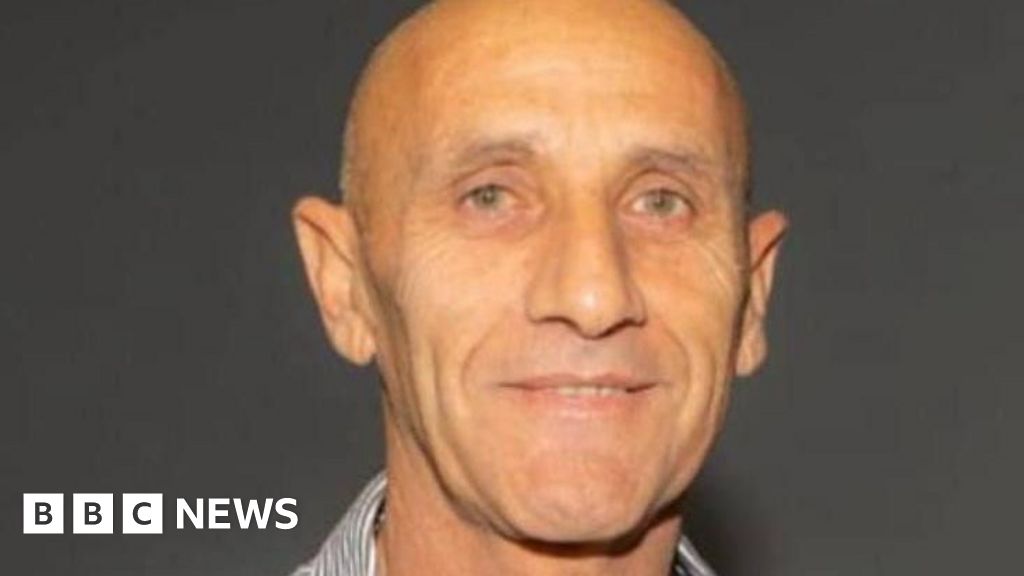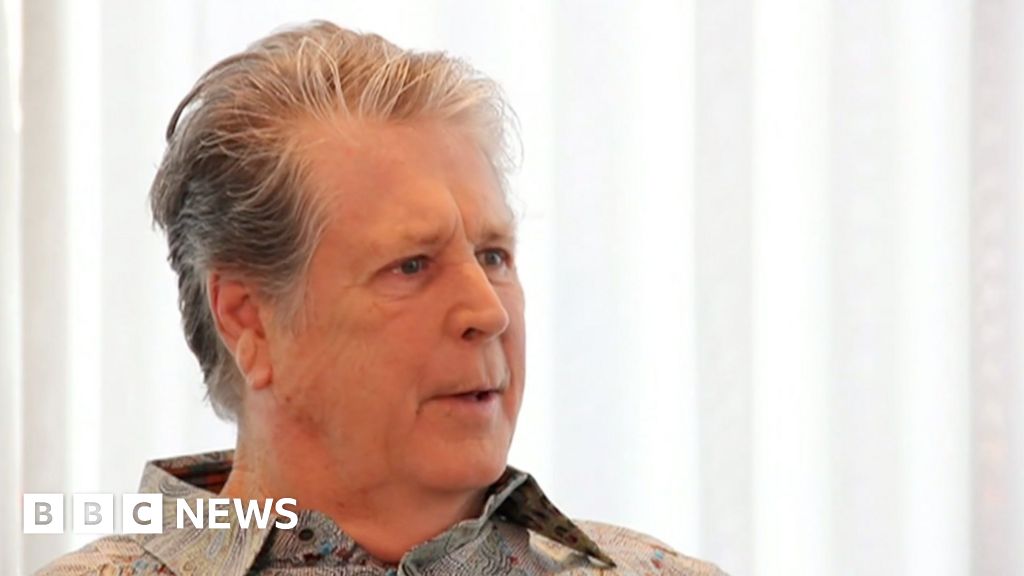ARTICLE AD BOX
By Anisa Shahid
Fort McCoy, Wisconsin
Image source, Getty Images
Image caption,Afghan refugees embrace in a field at Fort McCoy, Wisconsin
When the US pulled its troops from Afghanistan, it triggered a crisis for the hundreds of thousands of Afghan citizens who had helped the American military. Writing for the BBC, journalist Anisa Shahid spoke to some of the refugees who have settled in the US about their incredible journey - and the ones they left behind.
Last August, when simply crossing the gates of Kabul airport was as dangerous as taking a raft across the Mediterranean, about 150,000 Afghans were able to board a plane to the United States.
Some 13,000 of them overcame the odds to settle in a US military base in southern Wisconsin.
Sakineh, who had been a private kindergarten teacher in Kabul's Dughabad district, was one of them.
Speaking through tears, she recalled the day the Taliban arrived in Kabul, when seven or eight people entered the kindergarten where she taught and opened fire, before beating the director with an AK-47. Later, members of the children's families took the terrified children home.
But it was what happened that evening that made Sakineh realise she had to run. Four men who said they were Taliban attacked her house - two of them grabbed her and her husband, while the other two tried to rape her 14-year-old daughter. Her screams and cries alerted her neighbours, who came to their aid and they were saved.
The fear of being attacked and dragged out of her house forced them to flee.
With the help of US forces, they began to make their way to the airport, when a bomb went off near the perimeter. At least 95 people were killed and 150 others wounded in the explosion, including her husband, who lost three toes and later needed a foot amputated.
Image source, Getty Images
Image caption,The scene following an explosion outside Kabul airport
Separated from her husband, Sakineh and her six small children waited in the airport two days before they were able to board a military plane bound for Qatar. But amid the chaos, Sekinah had lost track of her teenage daughter, and had to make the painful choice to journey on without her.
Thankfully, she later found out that her daughter escaped and is now in Texas. She due to join Sekinah in Wisconsin.
Each of the stories of those at the base was unique. But in all were heard the pain of leaving loved ones behind, and wistful hope for the future of Afghanistan.
Many at the base were former members of the Afghan forces and their families. Had they stayed in Afghanistan, they would have been seen by the Taliban as enemy collaborators, and they feared reprisals.
They were reluctant to talk about their work and leaving Afghanistan. Some said if they had been allowed to fight and attack, the Taliban could never have overthrown the government. They would return and defend Afghanistan, many said. But others were tired of the war and do not want to take up arms again.
The Fort McCoy military base is full of painful stories of asylum seekers. Many have family members captured by the Taliban and some spend day and night in hiding.
Ahmad Shah Arian, who worked for a private radio station in the north, said the Taliban arrested one of his brothers and said they would not release him until his older brother - who was the commander of the army in Baghlan - surrenders to them.
Mr Arian spoke of the Taliban's atrocities against civilians, including against his niece, who had divorced her husband in a Baghlan court a few years ago. Now, he said the Taliban abducted Zohreh's father and brother and have refused to release them until Zohreh remarries her ex-husband.
Hawa, 55, had 22 years of experience working in the Ministry of National Security of Afghanistan before she had to flee to a life unknown in the US. Her two daughters were officials in the same department, and her husband and two sons were also officers of the Ministry of National Defence.
Her daughter Sana had been in charge of intelligence for Kabul's education, training and health services before the Taliban came, Hawa said. Her husband, who was a police officer, went to Punjshir from Kabul after the Taliban arrived and joined resistance forces. But when the Taliban captured the provincial capital of Panjshir, no one knew whether he was alive or dead. He has disappeared and now Sana is left alone with her two children and tries to hide.
Image source, Getty Images
Image caption,Afghan refugees have been settled in Fort McCoy, Wisconsin, a US army base
Of the five family members, only Hawa, and one of her daughters, Marjan Kahmadir, were able to reach the United States.
When Ms Kahmadir, who was a nurse before joining her mother in the Ministry of National Security, spoke of leaving Afghanistan, it was with wistfulness. "I wanted to be in Afghanistan to serve, and I want to go back one day," she said.
But for others, there is hope of a future here.
Mujibzadeh Talash, a soldier from Nangarhar, escaped with his wife and five children. An Afghanistan, he had only attended secondary school, his wife is illiterate, but his two daughters and two sons attended school in Nangarhar. In the US, he will find work, but his wife and children will study, he said.

 3 years ago
47
3 years ago
47








 English (US) ·
English (US) ·